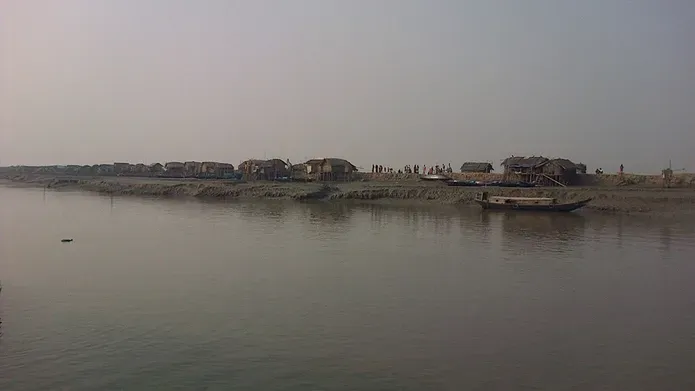Research project
ESPA Deltas: exploring links between ecosystem services and human wellbeing in coastal Bangladesh
Delta communities are particularly vulnerable to climate change impacts. This project looked at the links between ecosystem services, human health and wellbeing and projected how these might evolve over the coming decades in the light of varying policy contexts.

Completed
January 2012
December 2016
Funding
Funders
Natural Environment Research Council (NERC)
Department for International Development (DFID)
Economic and Social Research Council (ESRC) through the Ecosystem Services for Poverty Alleviation (ESPA) programme
Communities in coastal Bangladesh rely on crucial ecosystem services for their livelihoods, health and wellbeing. Delta communities are threatened by short and long-term changes to the ecosystems they depend on, including through the salinization of soils, contamination of groundwater with arsenic, subsidence and sea level rise.
In the Ecosystem Services for Poverty Alleviation (ESPA) Deltas Project, we used participatory approaches to study the relationship between ecosystem services and human wellbeing in coastal Bangladesh. We then predicted how these ecosystem services might change in the coming 50 to 100 years, and at how policy could best influence these outcomes.
People
Project lead(s)
Andrew AllanExternal team members
University of Southampton
University of Exeter
University of Oxford
UK National Oceanography Centre
Plymouth Marine Laboratory
MET Office
Jadavpur University
Bangladesh University of Engineering and Technology
Bangladesh Institute of Development Studies
Institute for Livelihood Studies
International Centre for Diarrhoeal Disease Research
Bangladesh Centre for Environmental and Geographic Information Services (CEGIS)
Bangladesh Agricultural University
Bangladesh Agricultural Research Institute
Bangladesh Water Resources Planning Organization (WARPO)